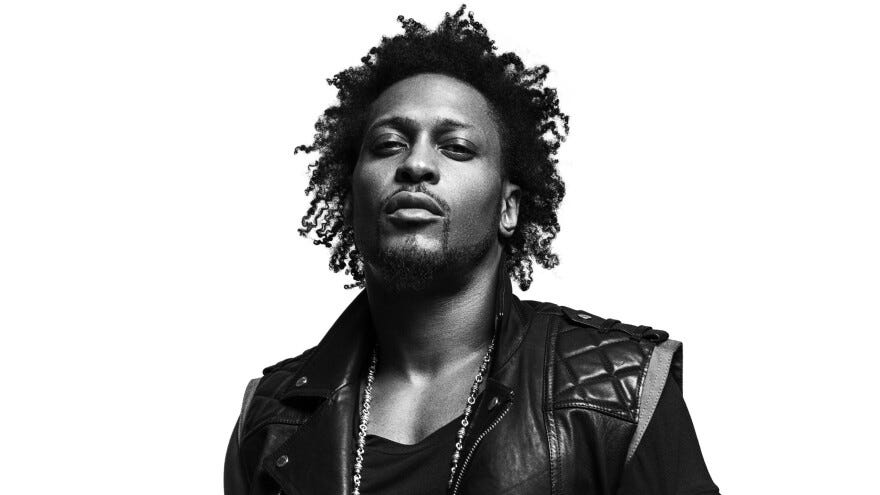D'Angelo and the Soundtracks that Sustain Us
God bless your life
Earlier today the news of D’Angelo’s passing hit me like a ton of bricks. When I got the notification, I immediately texted my wife to see if she had heard the unfortunate news. I thought of how many times we had listened to Black Messiah while we waited for the birth of our first child.
It was my final year of seminary and the semester started with the…
Keep reading with a 7-day free trial
Subscribe to BaddestChaplain’s Newsletter to keep reading this post and get 7 days of free access to the full post archives.


